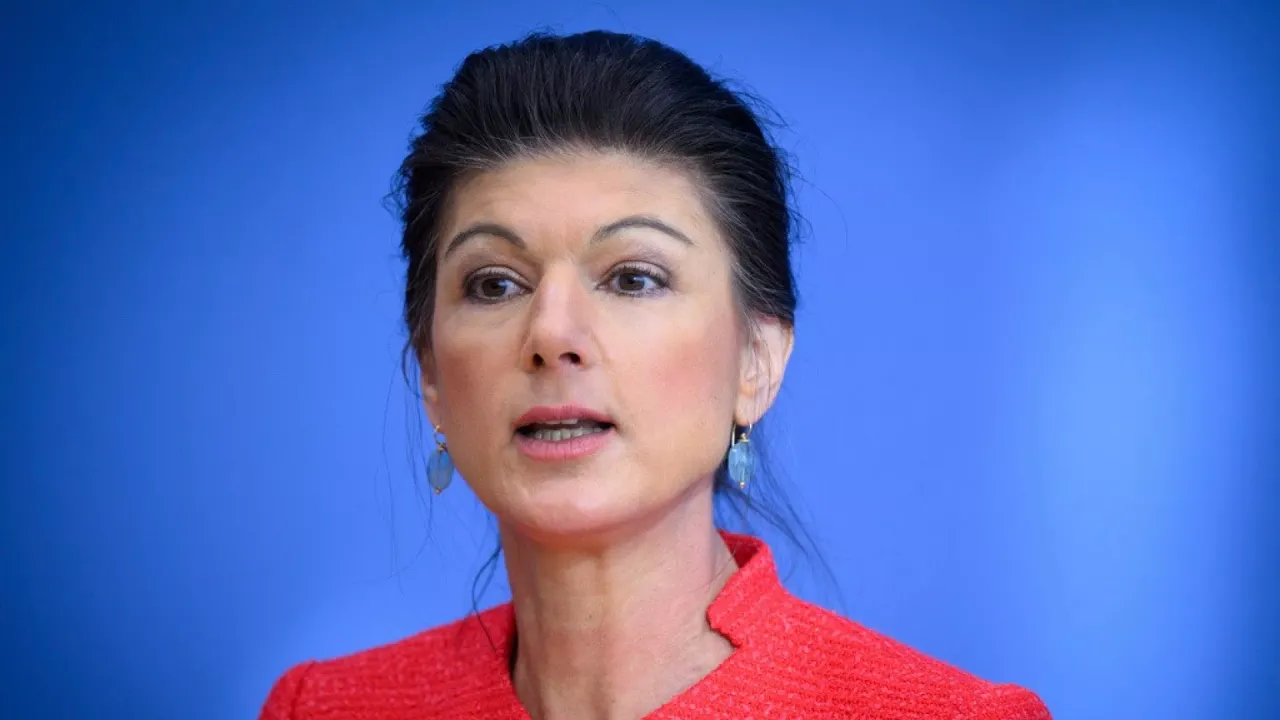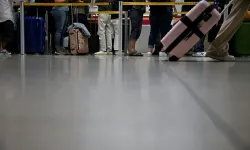Under the leadership of Sahra Wagenknecht, one of Germany's leading far-left politicians, the new anti-immigrant party, which has been in preparation for a long time, has been officially founded.
While the party advocates left-wing economic policies, it also emphasizes anti-immigration.
Can it take votes from the AfD?
According to German political experts, the new party is expected to attract some of the voters of the far-right and anti-immigrant Alternative for Germany (AfD), which has recently increased its vote share in the country.
According to the latest polls, the AfD has recently increased its share of the vote to 20 percent.
In her first statement to the press, Sahra Wagenknecht announced that the political organization she calls the "Sahra Wagenknecht Alliance for Reason and Justice" will first compete in the European Parliament elections in June and then in elections in September in three states where the AfD is strong.
Left-leaning anti-immigrant policies
The "Saharan Wagenknecht Alliance for Reason and Justice" advocates left-wing economic policies with higher wages and improved social rights for workers and a restrictive approach to immigration.
The political movement also questions the plans of some environmentalists to combat climate change and opposes current sanctions against Russia, once Germany's leading gas supplier, and Germany's supply of arms to Ukraine.
Wagenknecht quit the Left Party in October with nine of his fellow MPs to start a new political organization.
What does Wagenknecht propose for German politics?
Wagenknecht, 54, grew up in East Germany and joined the ruling Communist Party in 1989. After reunification, he maintained his far-left views and was a leading figure in the Left Party, which was formed in 2005 when former East German communists merged with West German leftists.
Wagenknecht said that the economic sanctions against Russia had "deprived them of cheap energy without viable alternatives" and accused Scholz's government of abandoning "the important tradition of de-escalation", arguing that "conflicts cannot be solved militarily, this is true for Ukraine, this is true for the Middle East and this is true for many other parts of the world".
"We must also avoid blind, indiscriminate eco-activism that makes people's lives more expensive but does nothing for the climate," said far-left Sahra Wagenknecht, arguing that developing new technologies for a climate-neutral future would be a more useful contribution.
Wagenknecht argued that Germany's education system is failing many young people and that "irregular migration is exacerbating problems in schools".
Wagenknecht also harshly criticized the coalition government for reducing the state subsidies received by German farmers.
The German politician, who opposes the labeling of the newly-formed political formation as "right-wing" or "left-wing", describes himself as a left-wing politician who advocates "social justice".












